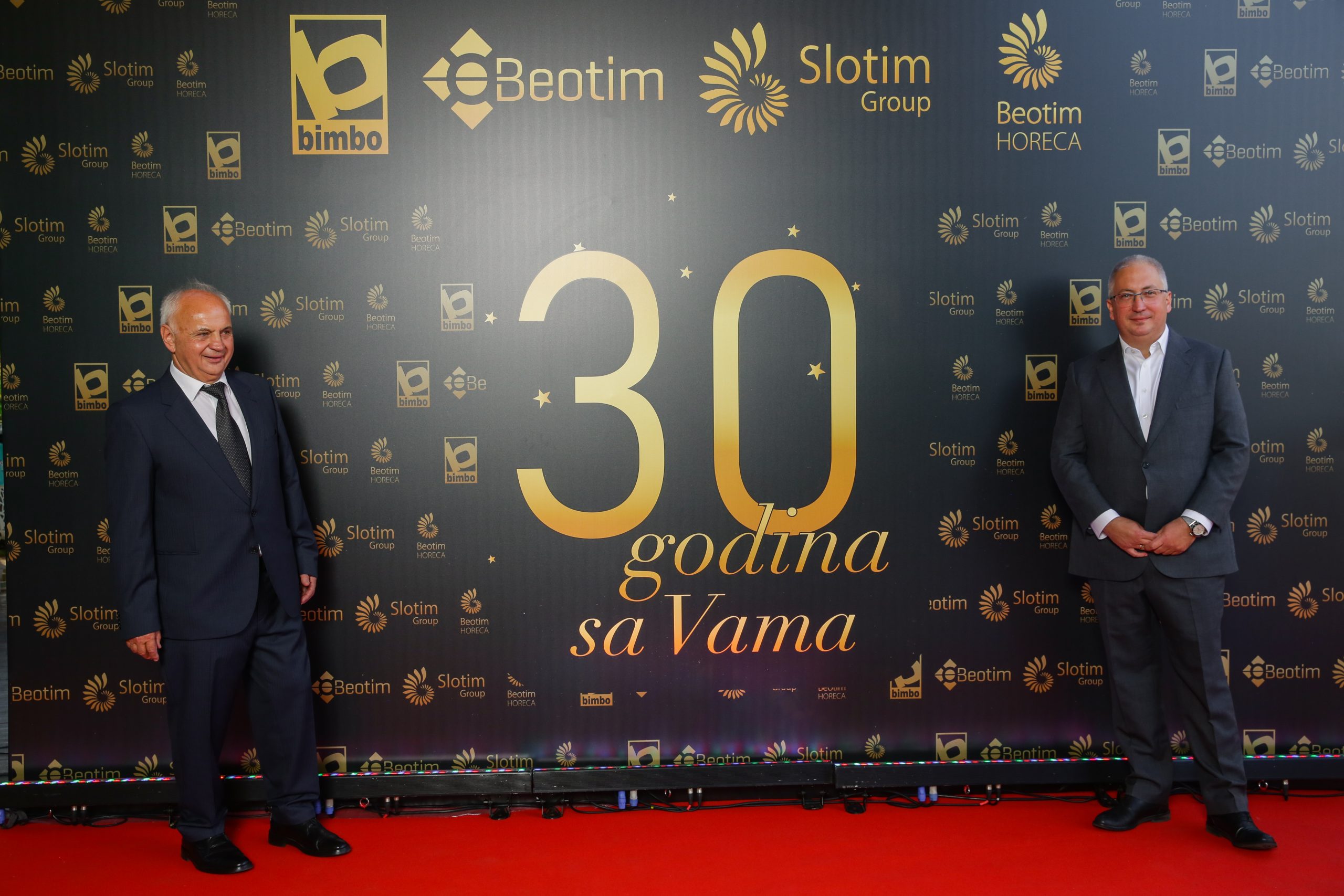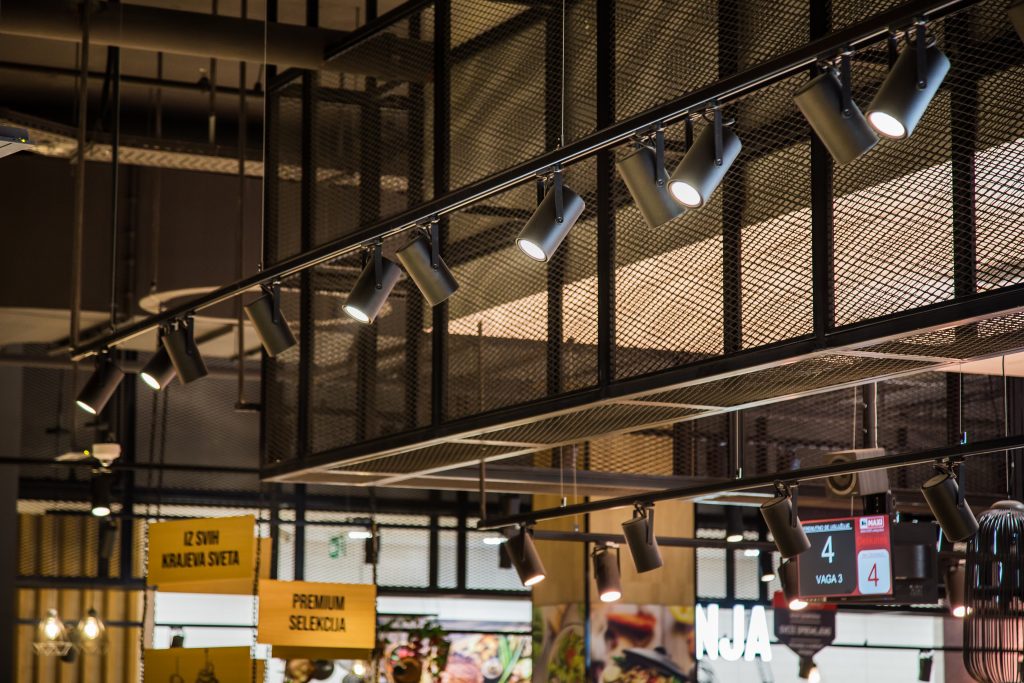Bimbo is a family-run business that specialises in designing and refurbishing retail outlets, offices, hotels and public buildings. And just like many other family firms in the region that were set up in the 1990s, it is now at a stage when the next generation are looking to take over the business.
This calls for a reassessment of the current business model and a plan for the future. An EBRD advisory project, supported by European Union (EU) funding, has helped Bimbo to improve its sales operations and undertake a wider company transformation.
A shift from entrepreneurial to corporate thinking
“When I worked in the corporate sector, it was interesting for me to learn that almost all of today’s big international companies started as small family firms,” explains Marko Ilic, the son of the company founder, who spent over 10 years working in Serbia and abroad. “We are now going through a phase of business succession. We have taken it very seriously and see it as a make-or-break situation. I fear that many companies that have no or little interest and ambition to deal with this phase properly will not survive.”
To navigate this phase successfully, the firm reached out to the EBRD’s Advice for Small Businesses team, which connects companies with experts and consultants to help them improve various business areas. Between 50 and 70 per cent of the project costs are financed by the EU, which makes these investments more affordable for small businesses.“Improving sales was our first goal,” Marko continued. “The company has an entrepreneurial background and most things were decided on a personal level and ‘feeling’. At one point, we realised that we needed more structured sales processes and, together with the consultants, we developed a unique process with defined job descriptions and established reporting lines. We also introduced additional sales training, as well as appropriate sales measurements and benefits.”
Increases sales, new clients
The company hired five more sales professionals to respond to the expected increase in business volume. And the more efficient processes have not only resulted in more sales and better productivity, but they have also allowed management to redirect its energy to areas with greater market potential and to acquiring new clients. Since then, the company has landed a few big clients and extended services for some existing clients.
“With the boost in sales we have realised that we need a wider transformation and we have now started another project which is a deep dive into our internal processes, with the aim of further improving the way we work. We have seen what a difference it makes when you improve one area, such as sales, and we are keen to replicate this in other business areas. It will help us to completely shift from an entrepreneurial way of working to a more corporate organisation, which I hope will bring much more efficiency and success to our work.”
Looking back at where they started, Marko believes that they are somewhere in the middle of their corporate transformation and that there is still lots of room for improvement.
“What’s important is that we are going in the right direction and I hope that in five years’ time we will get to where we want to be.”
Read next:
Good communication with the customers – a key to successful business
EBRD helps family owned business in Kruševac
EBRD and EU help Serbia improve its energy efficiency





